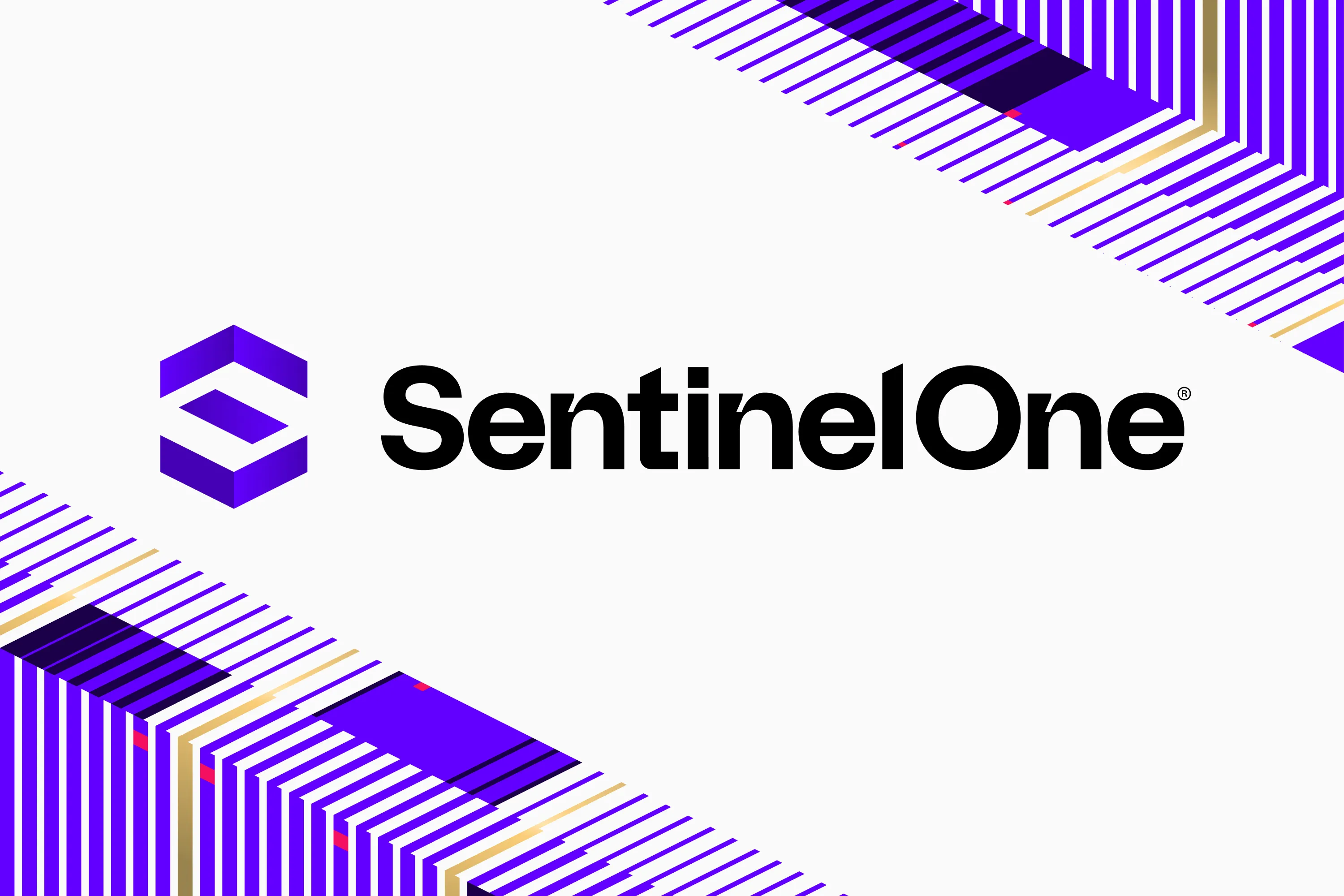
The regulatory overhaul will impact users and UPI platforms like Google Pay, PhonePe, and Paytm, aiming to reduce system congestion, streamline digital payment processes, and enhance accountability across banks and payment service providers (PSPs)
The National Payments Corporation of India (NPCI) is implementing a set of new operational rules for Unified Payments Interface (UPI) platforms starting today (August 1, 2025). These changes are designed to improve response times, enhance transaction transparency, and manage the increasing volume of digital payments across India.
The regulatory overhaul will directly affect users and major UPI-based platforms such as Google Pay, PhonePe, and Paytm. The aim is to reduce system congestion, streamline processes, and improve accountability across banks and payment service providers (PSPs).

New user limits, faster status updates, and safer transactions
One of the primary changes involves limiting the number of daily account balance checks to 50 per app. While this cap applies per application, users can still verify balances across multiple apps independently. Additionally, users will only be allowed to view their linked bank account list up to 25 times a day.
To ensure better transaction visibility, UPI apps must now display the status of successful or failed payments within seconds, eliminating previous delays that often left users uncertain. Furthermore, users can now check the status of a pending transaction only three times, with each attempt spaced at least 90 seconds apart.
Auto-payments are also being reorganized for system optimization. Scheduled recurring payments will now be processed only during designated non-peak hours — before 10:00 a.m., between 1:00 p.m. and 5:00 p.m., and after 9:30 p.m. This move is aimed at balancing transaction loads across the day.
To reduce payment errors and potential fraud, UPI apps will now display the recipient’s registered bank name prior to transaction confirmation, offering users better visibility before finalizing transfers. Additionally, payment reversal requests have been capped at 10 per month, with no more than five requests allowed per sender.
Stricter API controls for banks and PSPs
On the backend, NPCI has instructed banks and PSPs to control the rate and volume of API requests. A key concern has been excessive “Check Transaction Status” API calls that strain the system. The updated guidelines emphasize responsible usage and mandate active monitoring of these requests, whether initiated by users or app infrastructure.
NPCI has also warned that non-compliance with the new norms — including misuse of system APIs — may attract penalties or restrictions on access to the UPI network.
These measures reflect India’s growing need for scalable, secure, and efficient digital payment systems as the UPI ecosystem continues to expand rapidly.See What’s Next in Tech With the Fast Forward Newsletter
Tweets From @varindiamag
Nothing to see here - yet
When they Tweet, their Tweets will show up here.





























